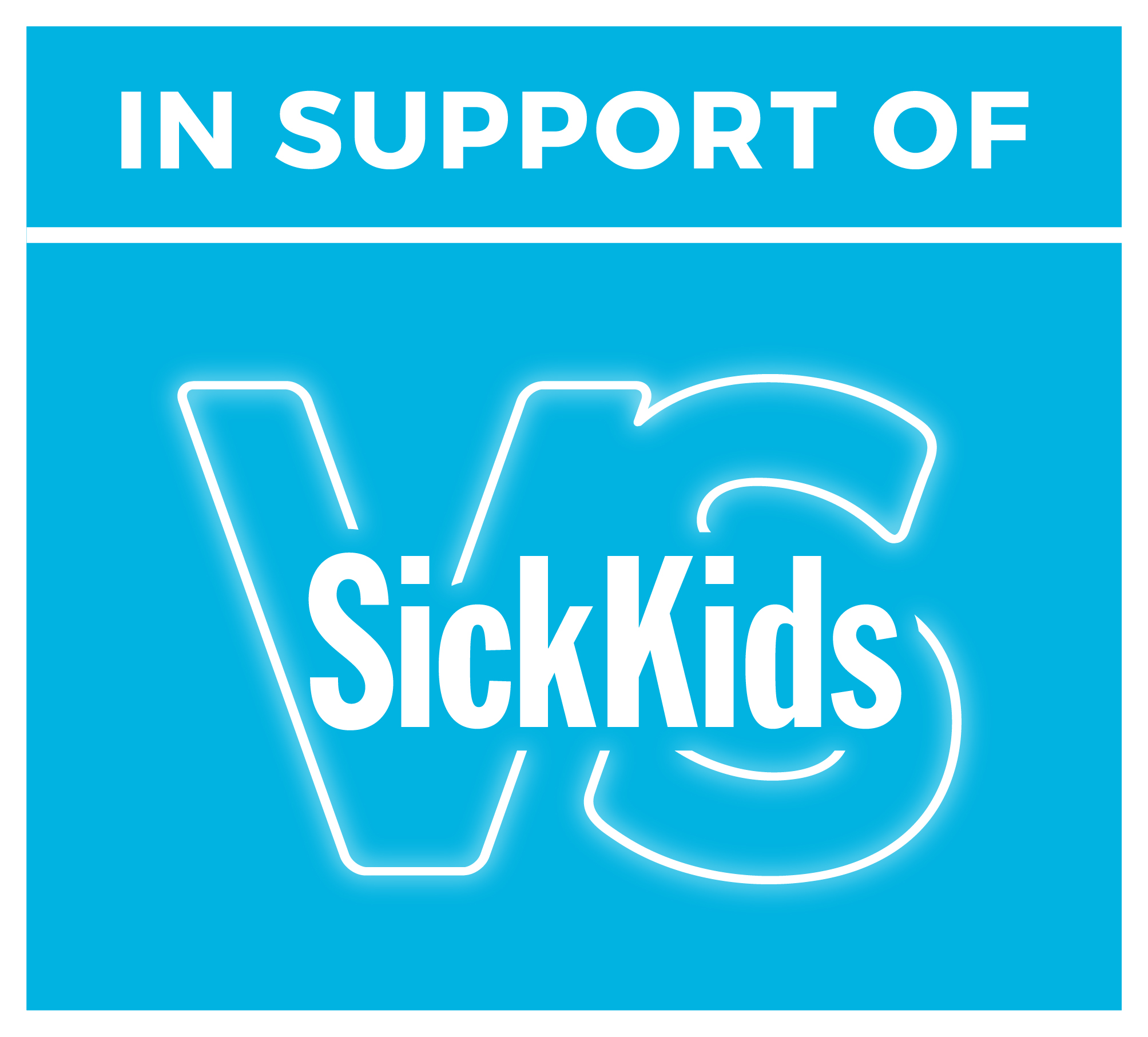Imagine with us a time in the near future when a rare genetic disease can be cut out of a patient’s DNA and the correct version of that gene pasted back in its place – ultimately eliminating the disease entirely. It may sound futuristic, but that research is already in progress at SickKids in Toronto, made possible with the support of our donors and a philanthropic commitment by Blu Genes Foundation.
Blu Genes Foundation has joined with SickKids to advance novel ways of treating Tay-Sachs disease. Dr. Zhenya Ivakine and his dedicated research team at SickKids are directing their capabilities and world-class expertise towards Tay-Sachs disease. Blu Genes has committed over $700,000 to advance this research. This funding has enabled SickKids to:
- Fund a dedicated team of experts at SickKids to focus their scientific expertise and the power of CRISPR/ Cas9 (gene technology’s sharpest tools), on the mutations of Tay-Sachs disease with the goal of correcting disease-causing mutations.
- Successfully create cell and human models of Tay-Sachs disease – creating powerful tools to understand how the disease develops and provide model systems for drug development.
- Demonstrate how CRISPR-mediated mutation correction could serve as a potential therapy for Tay-Sachs disease that would safely and effectively enact permanent change and address the underlying cause of disease.
- Present data from this study as preclinical evidence of CRISPR-based HEX-A correction as a therapeutic modality for Tay-Sachs disease.
These strategies would represent an effective and efficient treatment for Tay-Sachs disease with curative potential. With success in demonstrating that gene editing can correct the Tay-Sachs mutation, it would be possible for this same approach to be applied to an estimated 143 or more mutations in many other diseases, including Stargardt disease 1, Alstrom syndrome, and cystic fibrosis to name a few.
This ground-breaking research may make the dream of curing inherited diseases like Tay-Sachs come true. These therapeutic strategies have taken decades to develop to this point of investigation, and we are thrilled to have the opportunity to support the advancement of research that could be the key to a cure.
Watch the following video to learn how CRISPR Cas9 works and can help edit an existing genome by modifying, deleting, or inserting new sequencing a cut and paste tool for genome editing – providing curative potential for inherited diseases like Tay-Sachs disease.
Video credit to Mayo Clinic
Introduction to Dr. Ivakine
Evgueni (Zhenya) Ivakine PhD
Assistant Professor
Cardiovascular and Respiratory Platform, Neuroscience Platform
APPOINTMENTS
Primary: Physiology
Scientist, Hospital for Sick Children
Program in Genetics and Genome Biology
Interrogation of gene editing and genome engineering technologies to elucidate disease pathogenesis and develop therapeutic strategies for rare inherited disorders. Development of functional genomics approaches to understand consequences of coding variants in disease-causing genes. Generation and characterization of humanized animal models of genetic disease.
Research/Teaching
RESEARCH SYNOPSIS
Research Interests: Interrogation of gene editing and genome engineering technologies to elucidate disease pathogenesis and develop therapeutic strategies for rare inherited disorders. Development of functional genomics approaches to understand consequences of coding variants in disease-causing genes. Generation and characterization of humanized animal models of genetic disease.
Keywords: Muscular Dystrophy, Niemann Pick Disease type C, Cystic Fibrosis, cell and animal models, gene therapy and genome editing, CRISPR/Cas systems, disease modifiers, next generation sequencing, saturational mutagenesis.
Detailed Description:
The current focus of my research program is utilization of genome engineering technologies, including development of novel delivery strategies, to understand disease pathogenesis and as therapeutic tools for the treatment of several genetic disorders. These have included Niemann Pick Type 1C (NPC), Cystic Fibrosis, MECP2 duplication syndrome, and Duchenne Muscular Dystrophy (DMD). In addition, we are developing saturational mutagenesis approaches to characterize and assign clinical significance to all possible variants of the NPC1 gene at a single nucleotide resolution.


